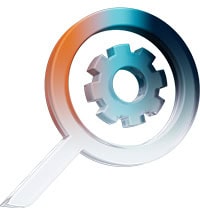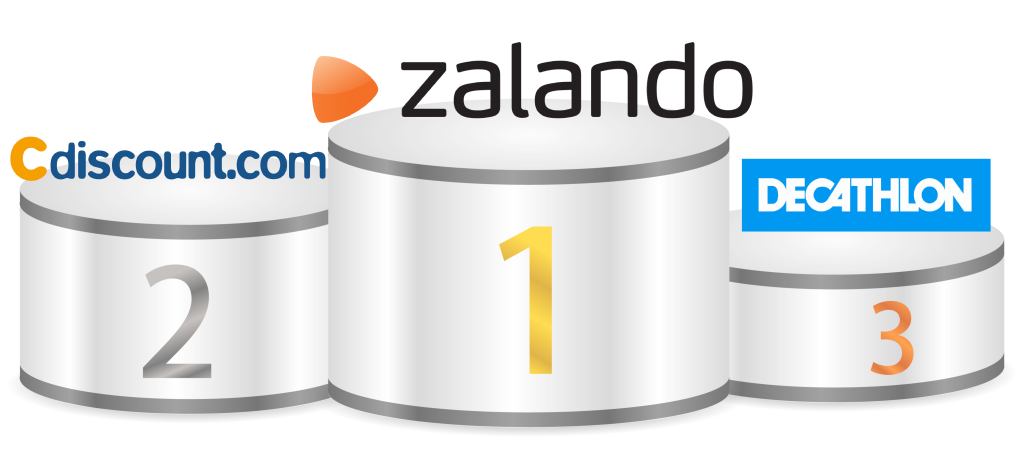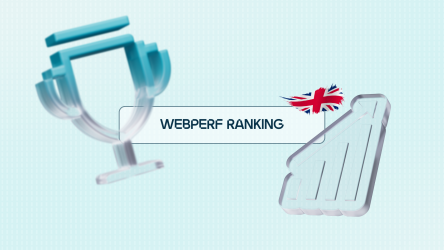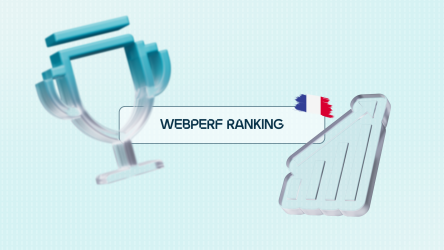As you know, every month we publish the webperf barometer in partnership with the JDN, ranking France’s e-commerce leaders according to the speed of their websites.
We wanted to take a look at how they manage their e-commerce performance during the sales period.
So, just before you dive back into your various web strategies (and yes, it’s already time for e-tailers to prepare for the festive season and the sales that follow), we suggest you take a step back with this analysis.
We’ll also take the opportunity to remind you of a few key optimizations for a fast, load-bearing site. We’re off!
The table below ranks the 20 most-visited French e-commerce sites according to their performance. This table compares data from the weeks of June 9 and 16, 2015 (the two weeks preceding the start of the sales) with data from June 24 and July 1, 2015 (the first two weeks of the sales being generally the most critical).
The metric taken into account here is the Speed Index, which determines the rate at which a page loads.
Compared with our monthly analyses on JDN, we can see here that the ranking has undergone a few changes. Which e-tailers had the best sales, and why?
The top 3
Zalando, Cdiscount and Decathlon improved their Speed Indexes by 16, 11 and 5% respectively, giving them better performance on average during the sales period.
But it’s Zalando in particular that stands out in this ranking.
A more stable Speed Index in the first few days of the sale was enough to push the footwear pure player up 7 places, compared with the pre-sale period when the Speed Index spiked: was this due to the run-up to the sale?
In June/July, Zalando was in 11th/12th place. We can deduce from this that they paid the necessary attention to webperf to ensure a fast site during the crucial sales period for fashion e-tailers.
The 3 biggest drops

As for the falls in the rankings, the most painful is for Darty, which has lost 6 places. Its Speed Index rose by 34% between the pre-sales period and the start of the sales.
And yet, the leading appliance retailer seemed to have prepared well for the sales:
Indeed, we can see that the site had improved its performance just before the sales. But the big day was not to be, and its Speed Index exploded.
Castorama had a similar effect, with its Speed Index varying by 19% between the periods before and during the sales:
As for Fnac, it doesn’t appear on this second podium and yet: its Speed Index increases by 21% between the two periods (a greater variation than for Castorama and La Redoute)! Webperf seems to have been a tricky point for the “Fédération nationale d’achats” too.
However, this is not enough to push it down the rankings, with Leclerc a distant second.
As we can see from this analysis, webperf is a complex subject, even for the big names in French e-commerce: it is constantly evolving, requiring time, resources and a high degree of expertise. And yet webperf remains essential!
So how do you manage your webperf?
We’ve already written a few articles on the subject that may be of interest to you:
- Avoiding sluggishness during sales
- 4 tips for holding your load during sales
- Questions and answers about CDN
And here are 3 additional optimizations that may help you:
- Image compression
You’ve heard it all too often. We say it all the time. And with good reason: many sites still display images that are far too heavy.
Carrefour, for example, saw the weight of its pages increase significantly (+54%) just by adding a trim for the sales, a trim whose weight could have been divided by 10…
It’s a recurring phenomenon: images on a site are rarely compressed (whether they come from webmasters or content producers), which slows down browsing for web users.
- Smart Cache
Web pages are often not cacheable because they contain a small dynamic part (customer login details or shopping basket). To get around this problem, Smart Cache allows you to separate the loading of dynamic zones from static ones on a web page. This means that static elements can be hidden from the page, while dynamic elements are loaded in parallel using Ajax.
This feature will be available to all our customers in a few weeks’ time.
- The overflow page
Admittedly, the overflow page is not a performance optimization as such. It does, however, allow you to better manage the flow of visitors, to avoid losing them along the way and to preserve your servers.
Need a hand to improve and/or maintain your performance?
























